| Day 329: The Doobie Brothers (Black Water)
February 24, 2024
Growing up, I had this image of The Doobie Brothers as being one of the coolest bands around. This was well before I knew what a Doobie was, so it had nothing to do with the name. Pre-Michael McDonald, they were a solid rock and roll band, but that wouldn't have distinguished them in my mind from Sweet or Black Oak Arkansas or Brownsville Station. No, this was an opinion formed entirely around their record label, Warner Brothers, or more specifically the image their record label used for the releases of "Black Water" and "China Grove," both which existed among my scant collection of '45s through the first half of the 1970s.
You see, the images for most '45s, the non-grooved center part with the center removed for inserting on a turntable, were fairly boring.
MGM
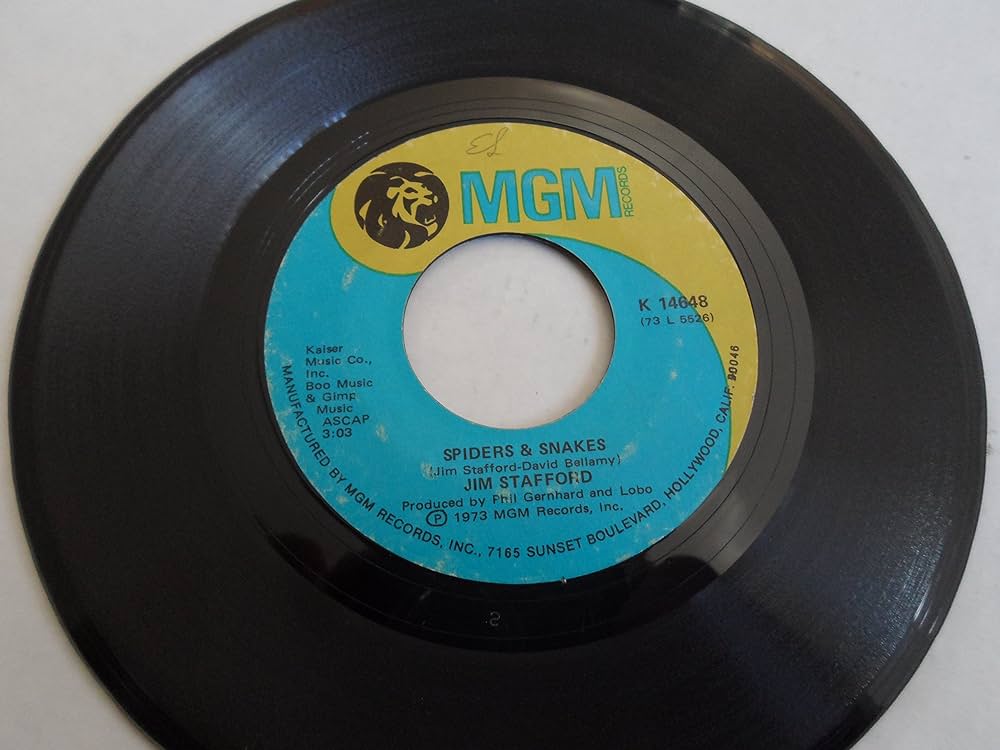
RSO
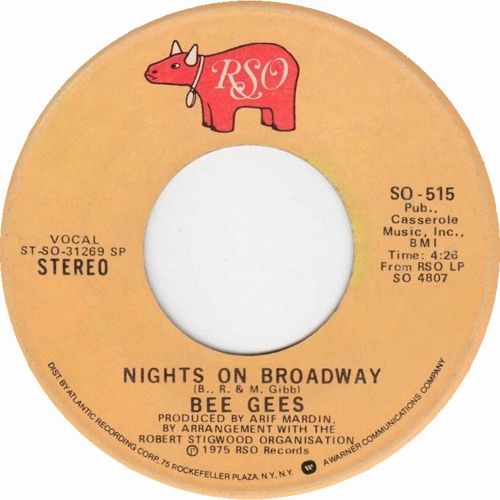
Harvest
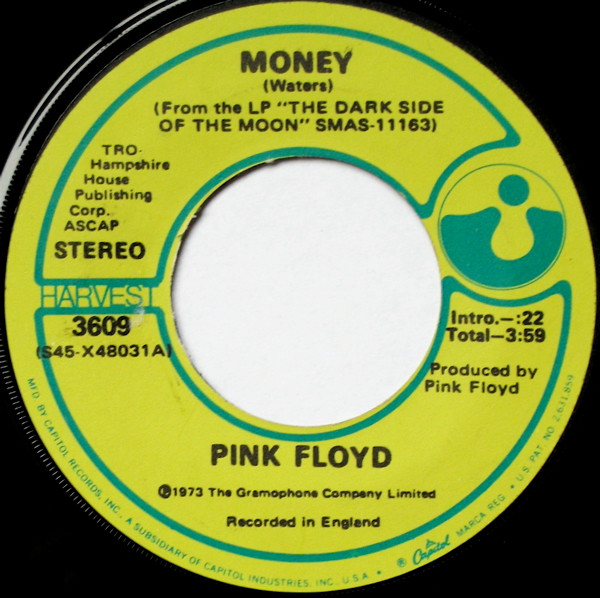
Even The Rolling Stones, once they followed the Beatles' lead (yet again) and started their own label, minimized the tongue.
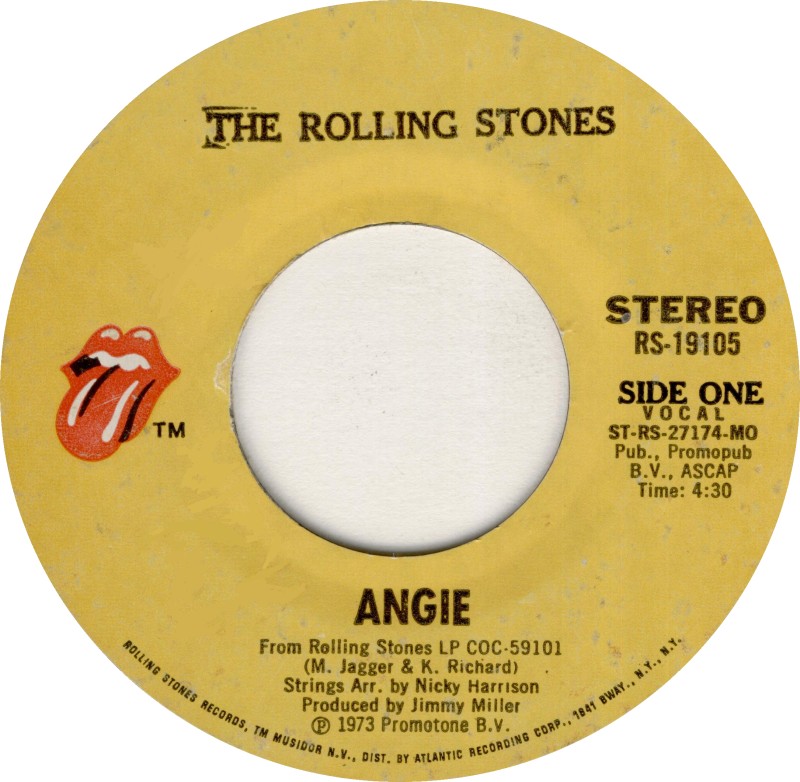
But, Warner Brothers, utilized all the possible space for art with a beautiful landscape that I imagined was somewhere south and tropical.
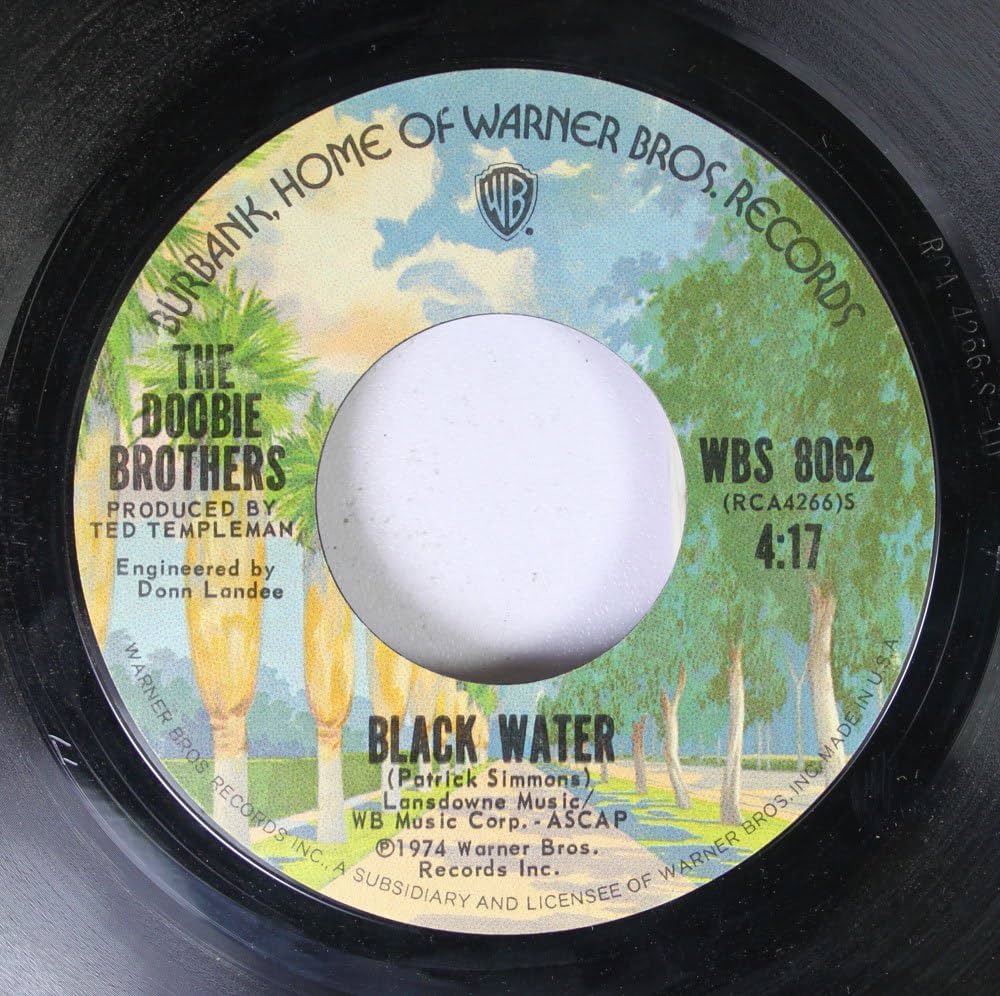
It turns out that this was an image of Burbank, California, hence the "Burbank, Home of Warner Bros. Records" heading at the top. Luckily I was oblivious to that because with both "China Grove" and "Black Water," I wanted to picture that beautiful setting more in Louisiana or Texas than in California. If nothing else, those Doobies sure seem fascinated by exotic places like New Orleans and San Antone, even if those crazies in China Grove really longed for the East. Being so young and naivé, I guess I wasn't ready to understand the stoned places one could go with a Doobie.
"Black Water" really lent itself to my imagination. It doesn't take much for a 12-year old backwoods bumpkin like myself to think that lyrics about the Mississippi River align with the pastoral setting of that 45's artwork. Why would I be associating that image with Burbank, California, home of "High Rollers," "The Gong Show" and Ed McMahon? At the outset of "Black Water," I am Huck Finn on a raft in the Mississippi; by the end, I am doing a Honky Tonk in a dive bar. Everything about the song from the design to the lyrics to heavy reliance on viola lured me to fantasies of somewhere far away from West Virginia, despite our plentiful share of black water resulting from coal mining.
"Black Water" might also have been my initial appreciation for acapella vocals, which to a 12-year old made the song seem unlike anything else I was hearing in the mid-70s. I have written about my appreciation for acapella way back with The Bobs (Day 80). The repetition of
I'd like to hear some funky Dixieland/
Pretty mama, come and take me by the hand/
(By the hand) hand (take me by the hand) pretty mama/
Gonna dance with your daddy all night long.
as acapella and not as full out Dixie jazz is pretty addicting. No extra voices besides the core of the band was needed, and we are yet to be subjected to McDonald's dinner-roll-insertion-vocal, which I can only hear as a drag on the beauty of this acapella section.
Eventually, I would purchase Best Of The Doobie Brothers, where the album also had the Burbank label. By that point, I was more fascinated by the cover, the table top jukebox in a diner, a relic from the past sadly missed, and my favorite Doobie Brothers' song, "South City Midnight Lady," which had never been released as a single. That was probably for the best, because I really would have associated "South City" with that label design. Of course, Burbank is pretty much southern California, so maybe design aligned with the lines.
The Doobie Brothers. "Black Water." What Were Once Vices Are Now Habits. Warner Brothers, 1974. Link here.
Day 328: Jona Lewie "Stop The Cavalry"
Day 330: Ginger Leigh "Charge Laughing"
See complete list here.
|